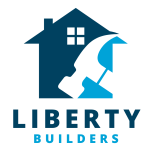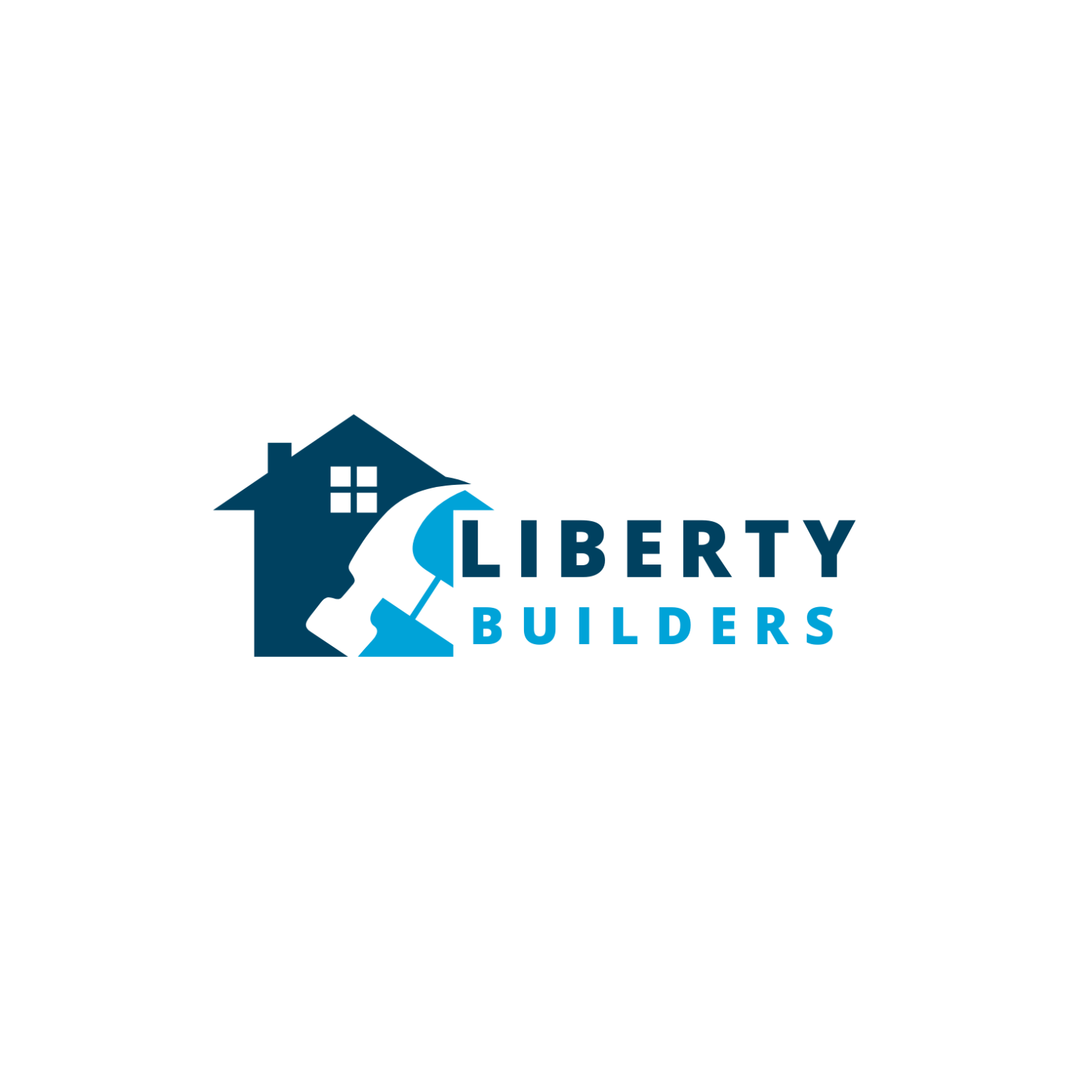Concrete
Our Work
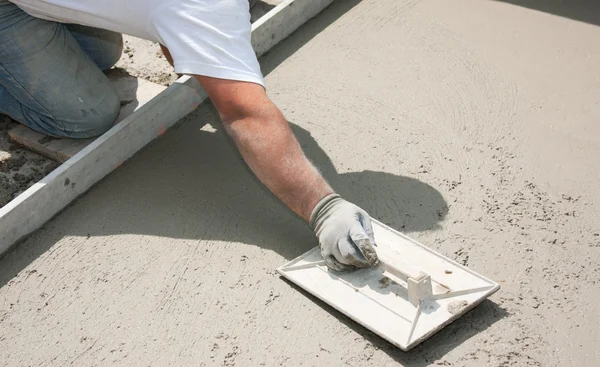
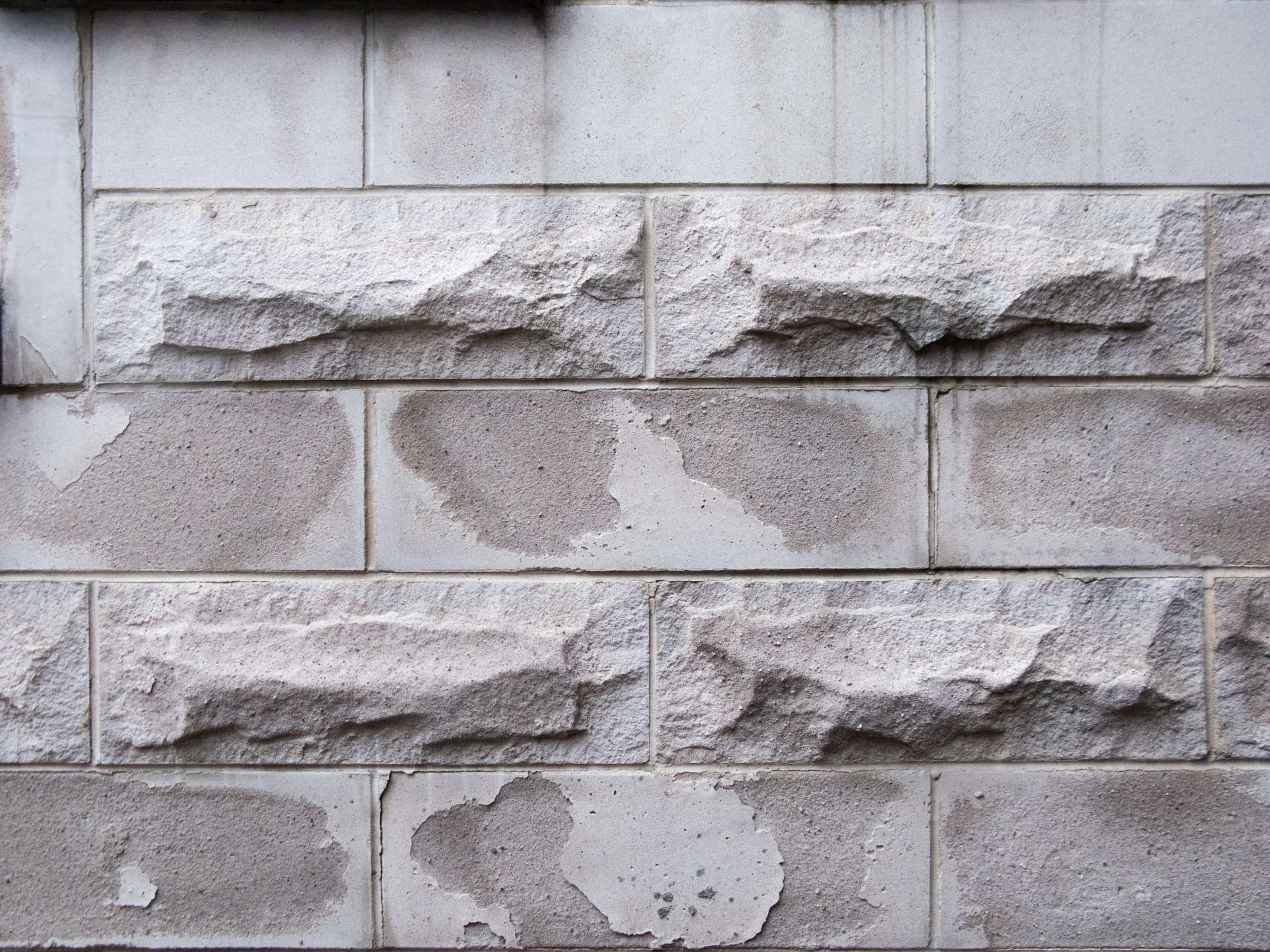
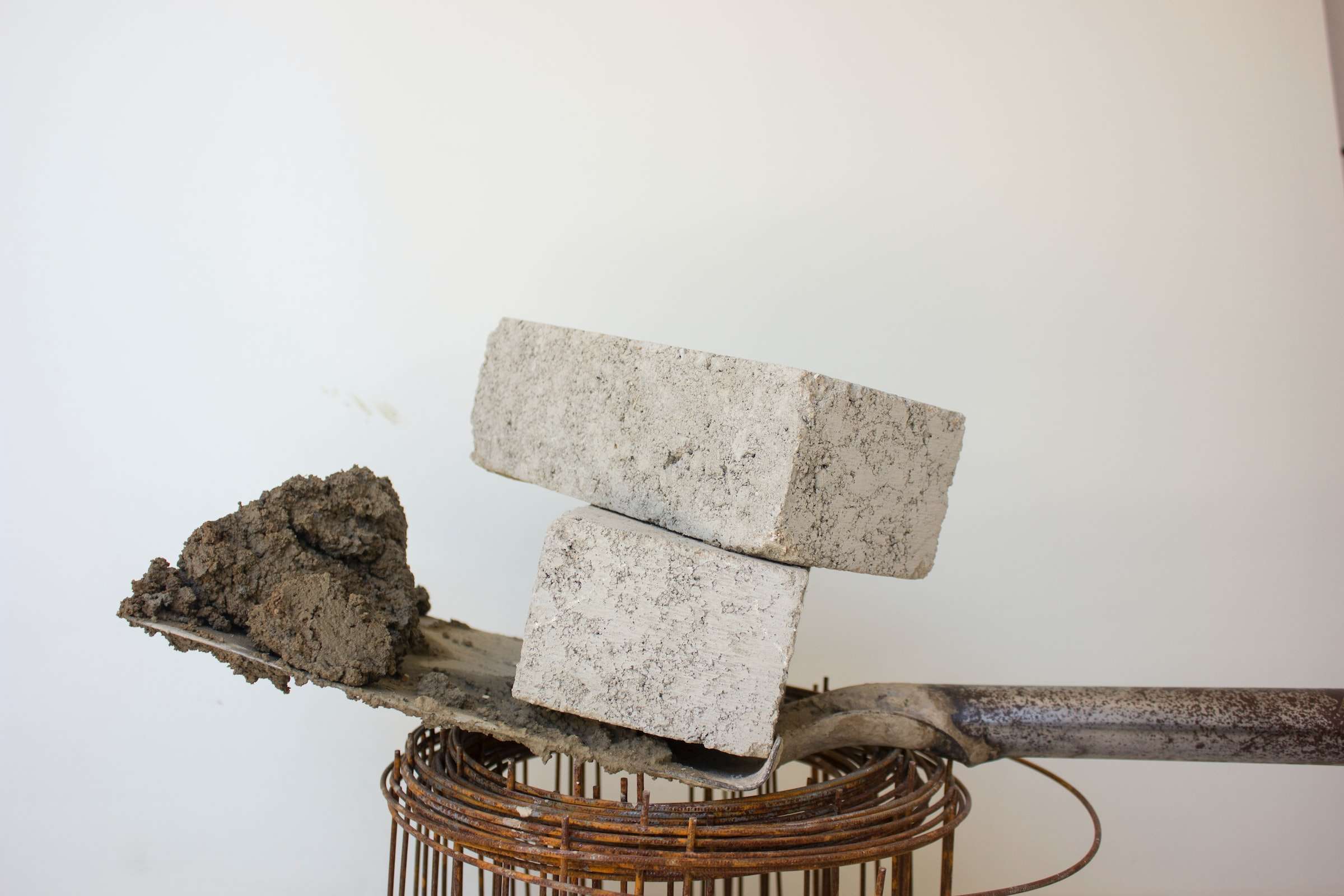
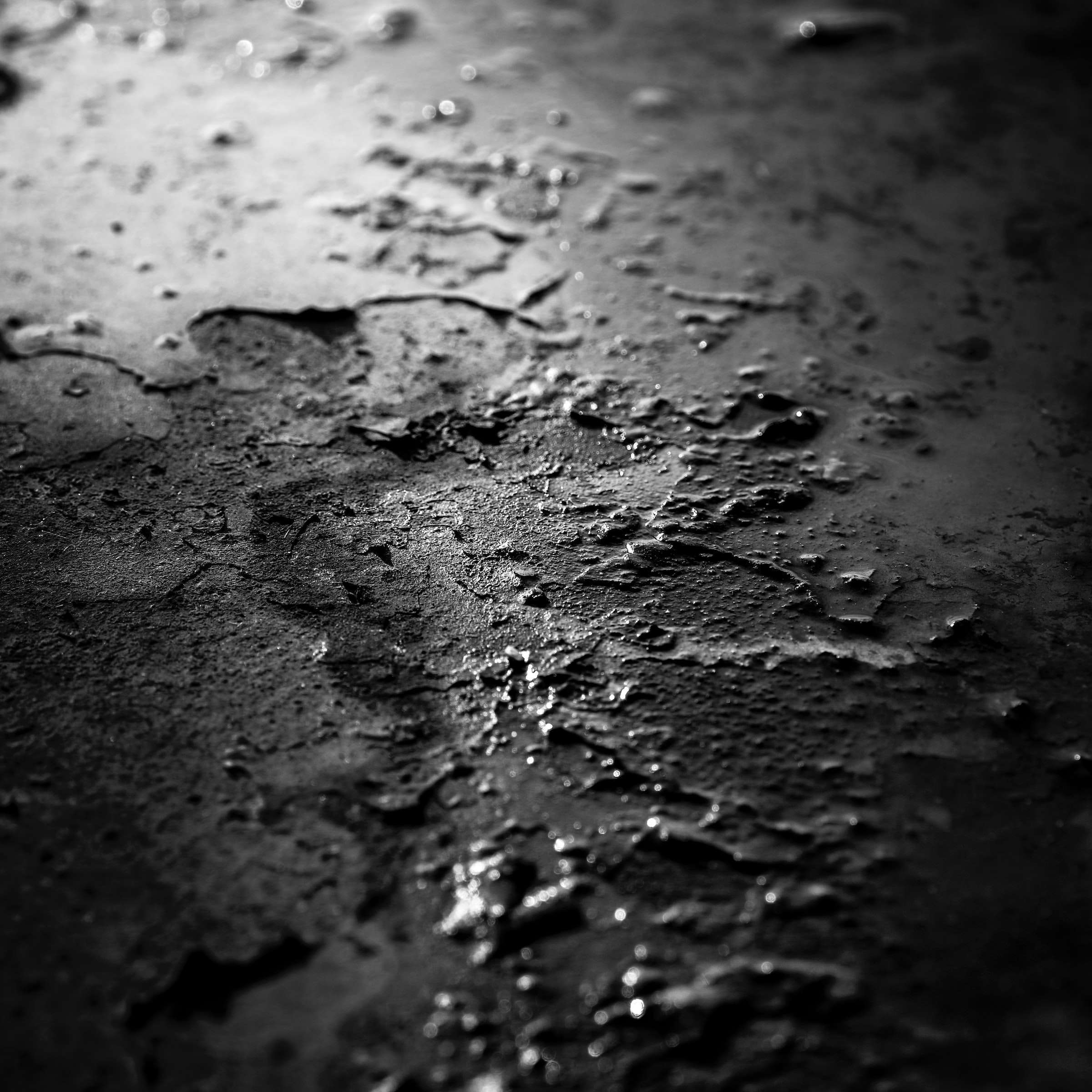
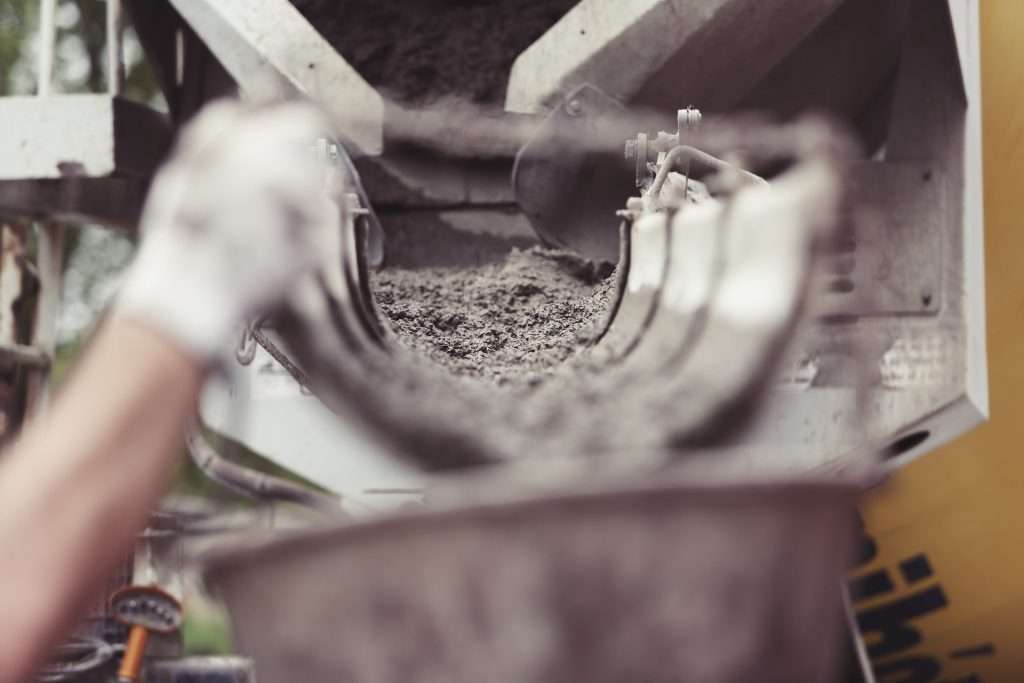
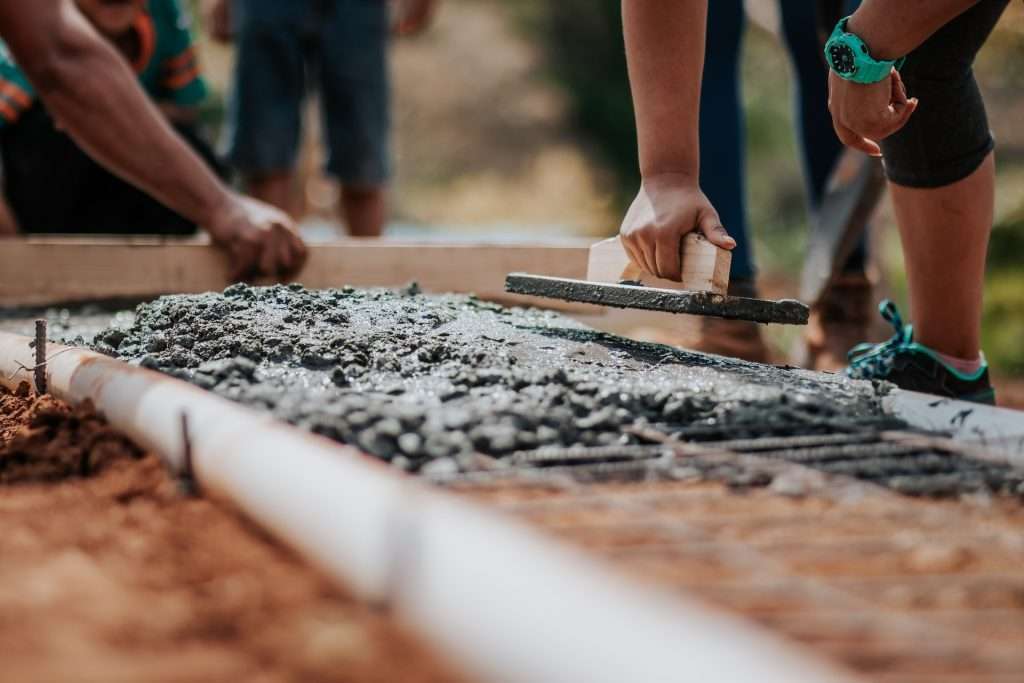
Why choose concrete house construction?
Concrete house construction provides homeowners with many benefits, including energy efficiency, durability, and low maintenance. Also, concrete homes create a safe, comfortable, and healthy environment, along with contributing positively to the environment. Many of these benefits provide homeowners with long-term financial savings. Our mission is to provide quality construction with core values emphasizing health, safety, and building close professional relationships with our customers. We continue to set new standards in the concrete industry.
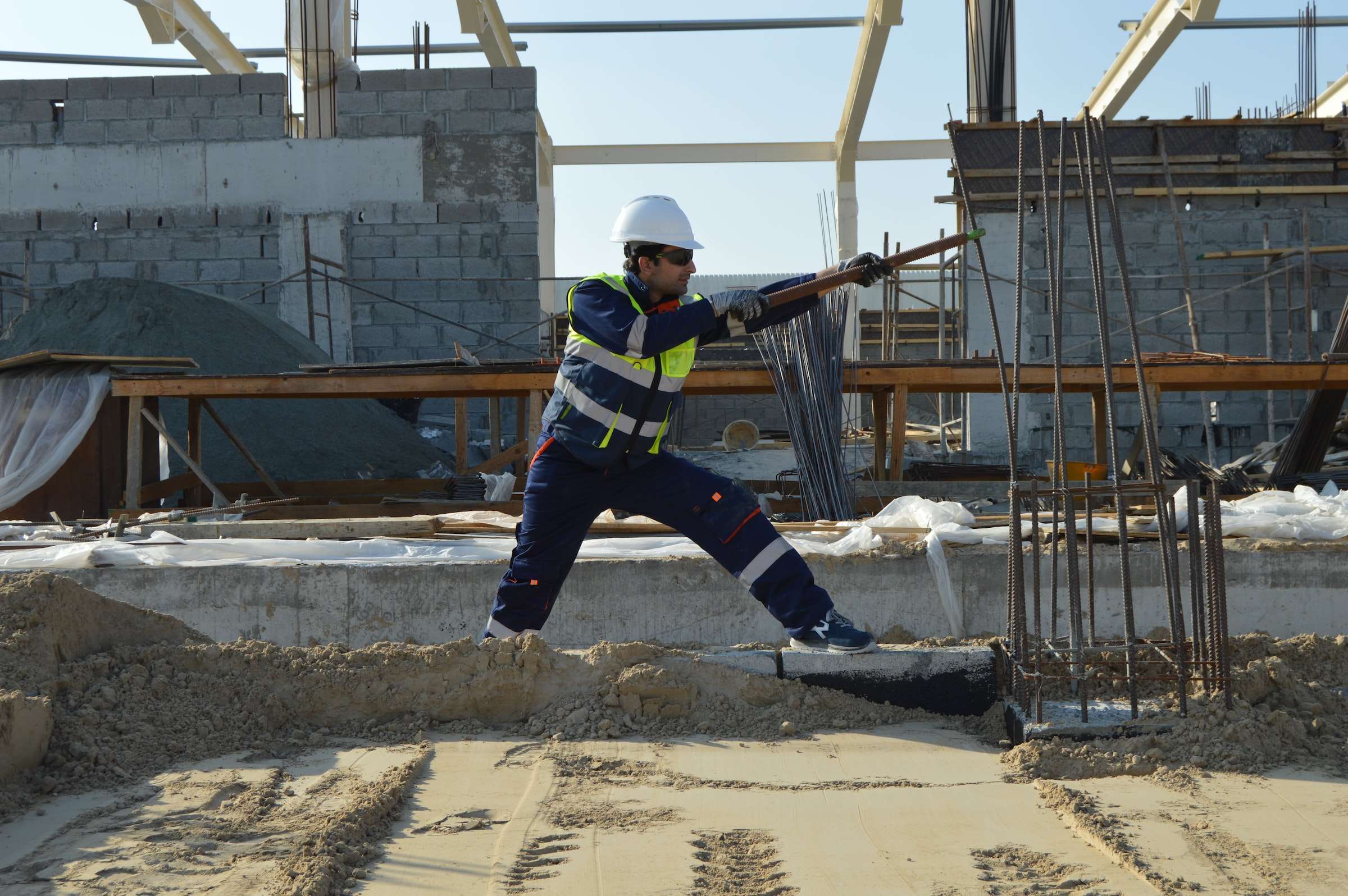
Concrete used for construction:
Concrete has been used in construction around the world for over one thousand years. Romans used concrete for many of their buildings and monuments, some of which are still around today.
It is a familiar material for many building professionals.
Common forms of concrete construction include blocks, concrete poured into formwork and allowed to set, and precast concrete panels.
Made from Portland cement mixed with sand and gravel (aggregates) and water, concrete is a hard, dense material. Cement is made by heating limestone and clay, then grinding it with gypsum. The powder, when mixed with water undergoes a chemical reaction and cures into a hard solid. The ratio of each ingredient is carefully measured to maximize the strength and durability of the final product.
Concrete is good in compression and is primarily used for load-bearing applications, such as exterior walls. Concrete is weak in tension, so steel reinforcing adds strength and reduces the likelihood of damage in a seismic event. Concrete floors have a layer of mesh added near the surface to reduce the likelihood and severity of cracking as the slab cures and dries.
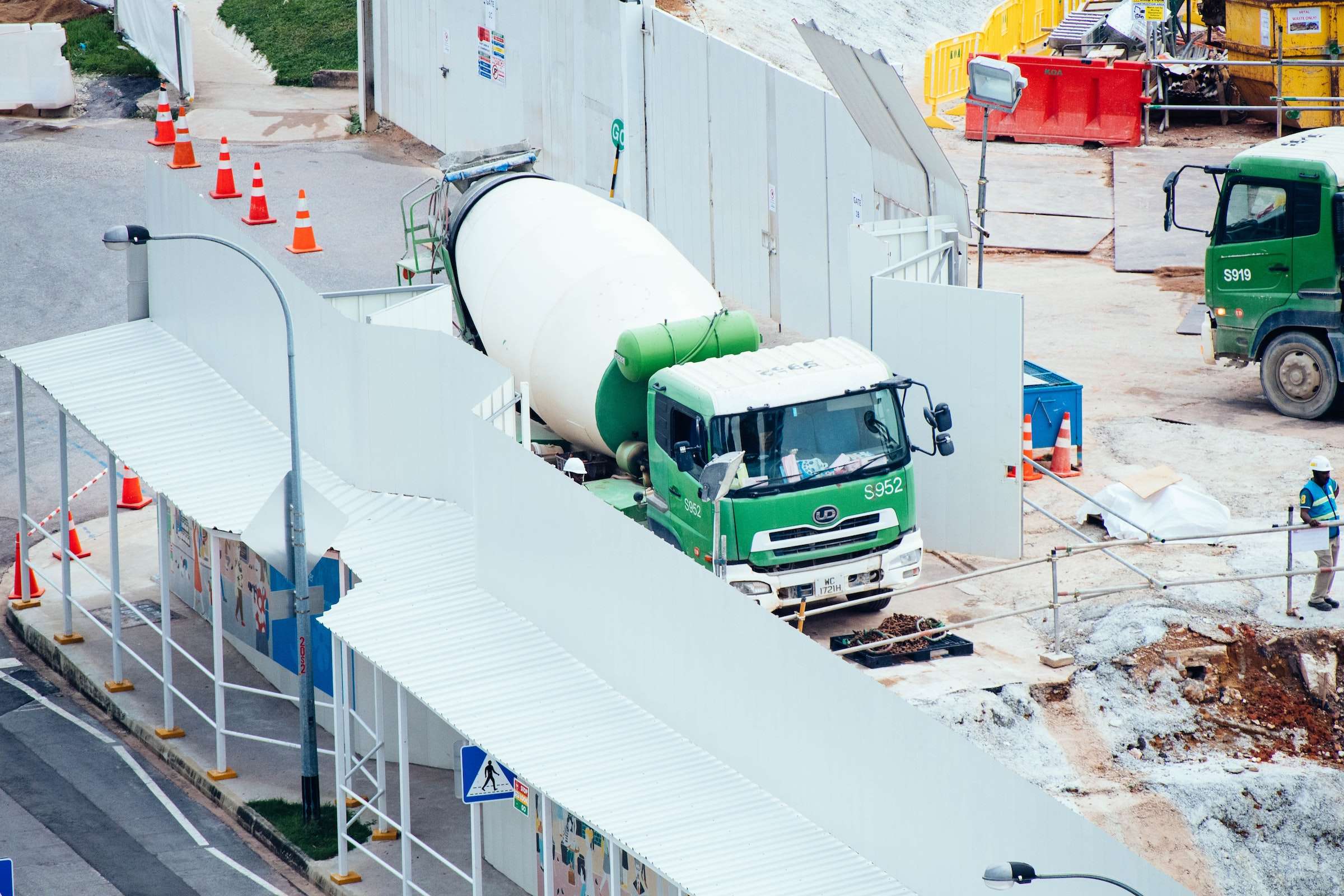
While relatively cheap, concrete is heavy and has specific transportation requirements. Concrete slab floors are typically more cost-effective on level building platforms than suspended timber floors. Suspended concrete floors can be used on sloping sites Concrete is porous and floor slabs need a damp-proof membrane underneath them to prevent water from being absorbed from the ground. Concrete and concrete masonry walls generally need finishes such as paint on exterior surfaces. Concrete is also low maintenance, durable, immune or attack by insects and vermin, and long-lasting. However, the invasive root systems of some climbers such as ivy can damage concrete if allowed to take hold. Because concrete doesn't sustain a flame, it is often used for fire separations between dwellings, or as boundary walls.
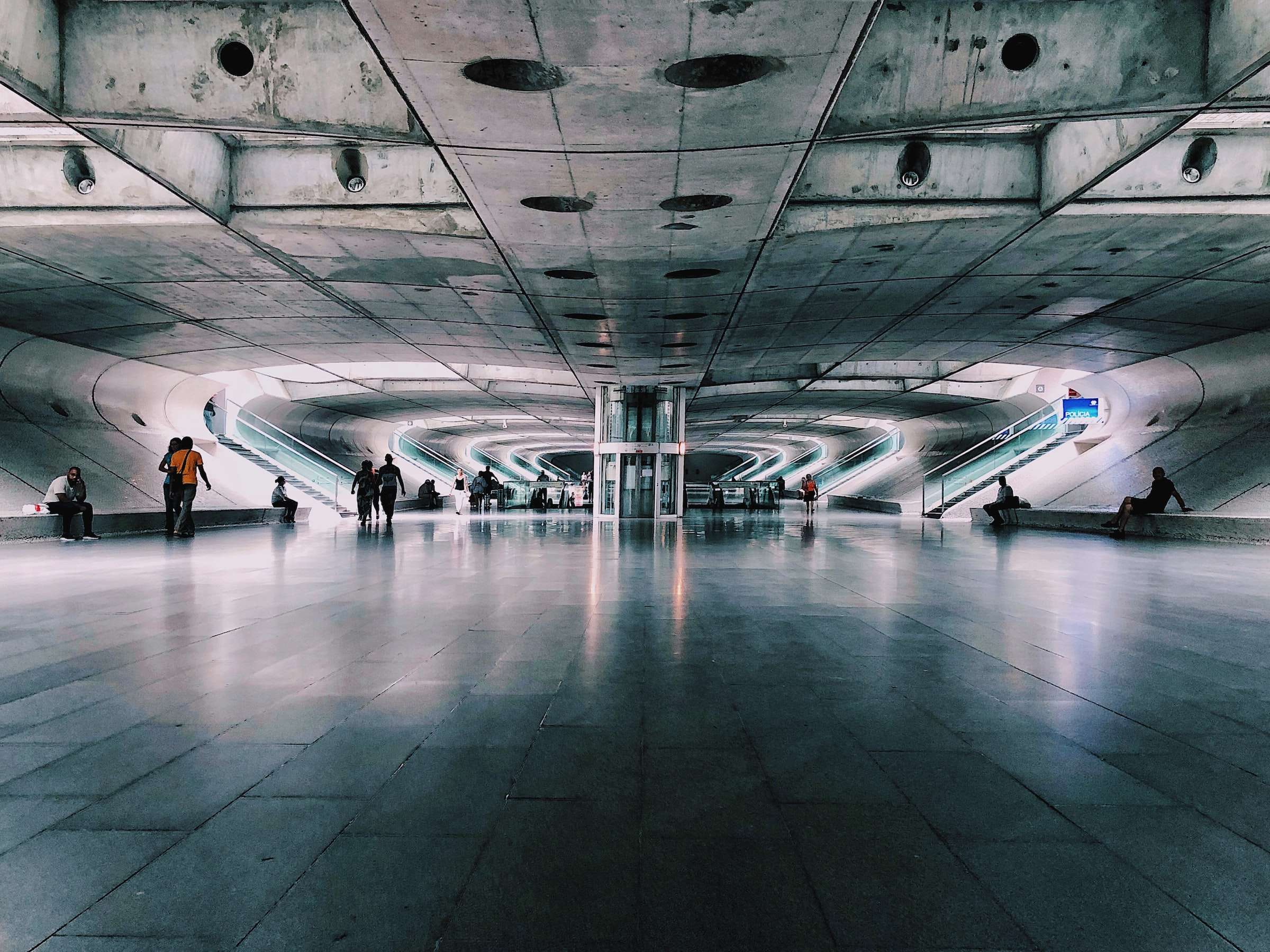
Is It Compatible with Passive design?
Concrete is good at absorbing and retaining heat during the day, and radiating it out at night when temperatures fall. On summer days, it can absorb heat from the surrounding air and keeps your home cooler.
While concrete is a good material to use for thermal mass, it is not a good insulator. To keep stored heat from escaping into the colder surrounding ground, a concrete slab floor should be insulated both underneath and around the edges of the slab. Exterior concrete walls should be insulated on the exterior if they are used for thermal mass, or on the interior if they are not.
If you are using concrete as heat storage, don't cover it with carpet where the sun shines on it - this stops the slab from warming up. However, not having a floor covering can also make the concrete floor less forgiving if you trip or fall. Consider partially covering the slab, for example with exposed concrete or tiles around the perimeter and carpet or mats in the center.
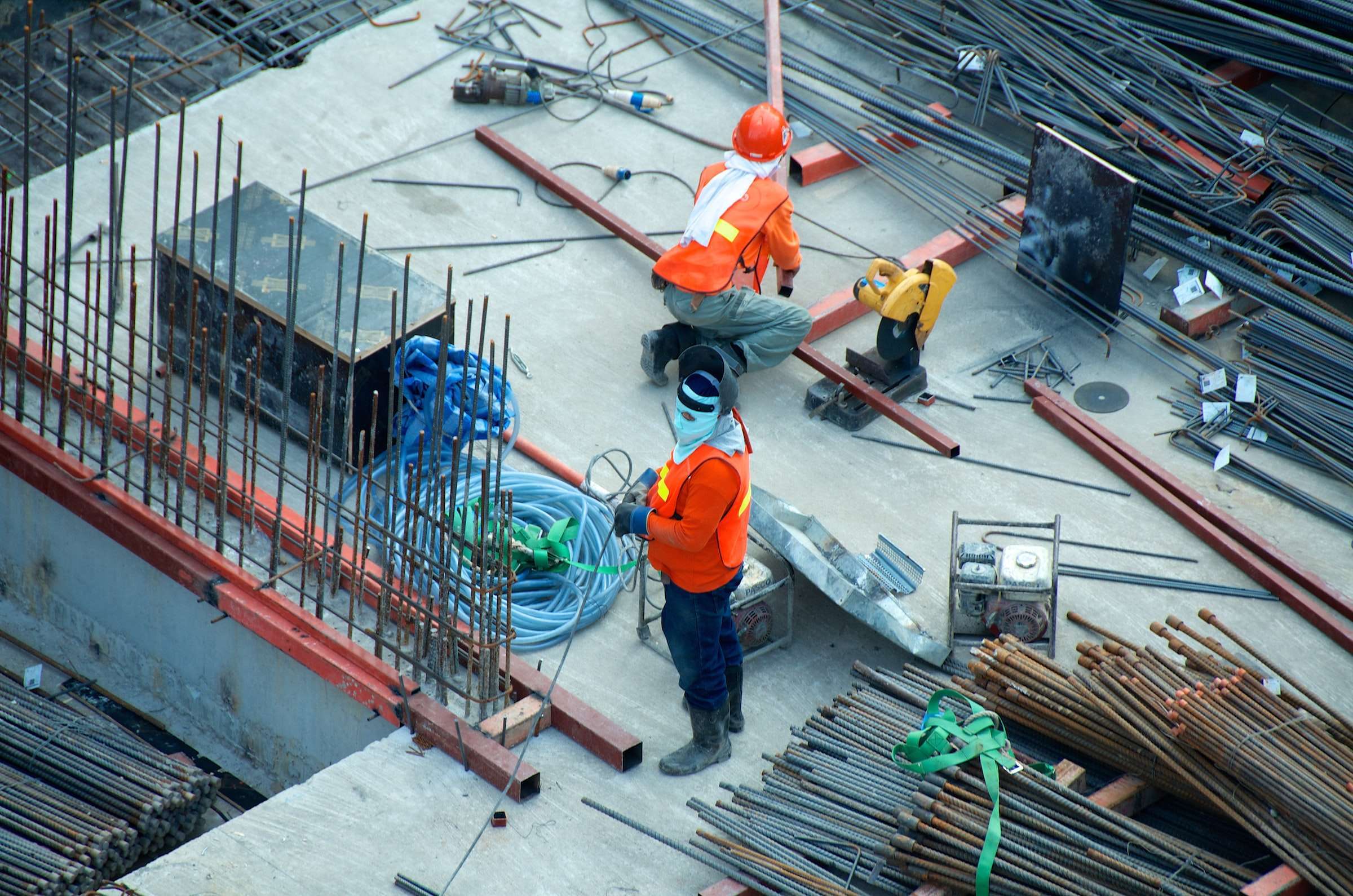
Type of concrete construction:
• Concrete slabs
• Curing concrete slabs
• Reinforcing
• Heating systems
• Insulation
• Suspended floors
• Concrete blocks
• Precast concrete
• Poured concrete
• Insulated concrete formwork
• Colored concrete
Concrete homes are obviously constructed from concrete, but it is also possible to use other materials in combination with concrete such as steel, fiber, plastic, glass, wood, and other improved materials.
There is great interest today in concrete home construction. This attention is largely focused on sustainability, green building, disaster resistance, energy conservation, and safety. Engineers have attempted to come up with design ideas that meet these requirements in all possible ways. Our services are a great way to enhance the value and visual appeal of your home and property! We are ready to get started on your project.
